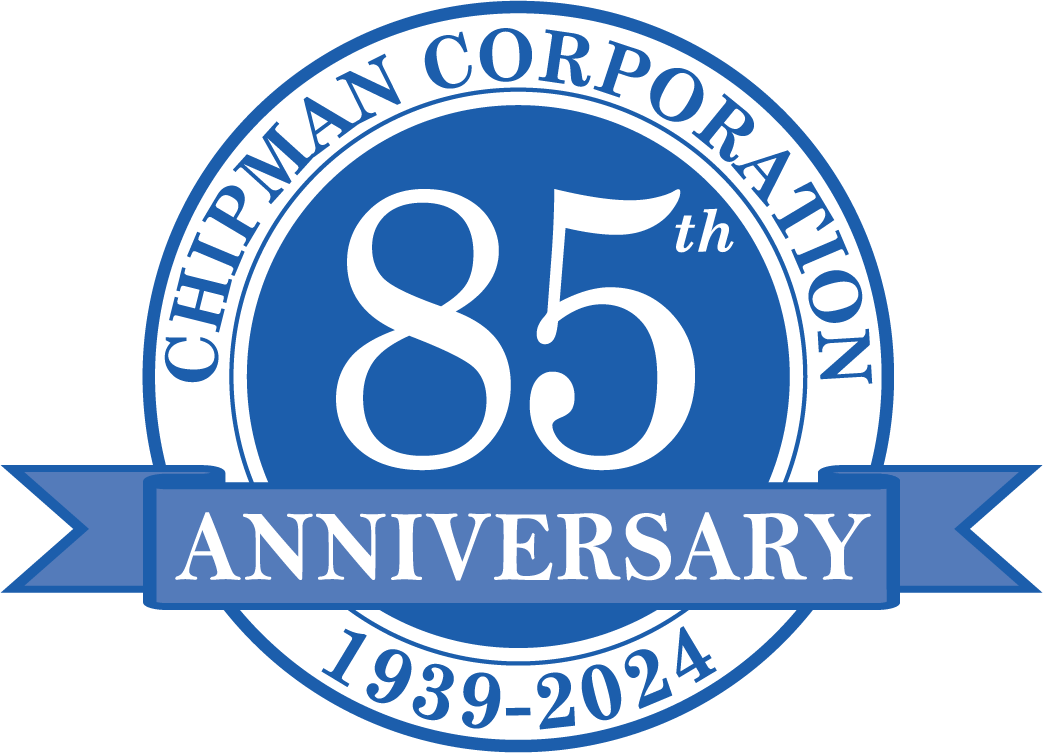Our team is standing by to assist you with a free move quote, help you through the process, or answer questions that you may have.
Request A Quote »
If you're preparing for a residential move, you're probably trying to establish a budget. The total cost of your move depends on several factors. Here are some things you should consider.
1. Time of Year You’re Moving
Generally, the warmer months are the most expensive to move. This is a prime time for moving since people like to wait until the end of the school year or for mild weather, avoiding cold, wet, icy, or snowy seasonal conditions. Due to the higher demand for services, moving between June and August might be the most expensive. If you can move earlier or delay, you might find better availability and lower prices.
2. Distance of the Move
Moving locally is generally less expensive than moving long-distance. Factors you must consider include mileage, gas, tolls, and truck rental for a DIY. If you are planning to hire a professional moving company, you can obtain a binding estimate which bundles in all costs, so there are no surprise expenses during your move.
3. How Much Stuff Are You Relocating
What you’re relocating will play a significant role in factoring your costs. For example, if you’re moving from a large house to another one, it will cost more to move than it would from a studio apartment or a college dorm room. If you’re moving DIY, you’ll need to consider costs associated with different-sized vehicles; if hiring movers, they’ll typically charge by weight or, in some cases, hourly.
Make a list of everything you plan to move, especially more oversized items, so you have a general idea of what to consider when estimating costs. Eliminate things you don’t need. This way, you can more easily determine how much you’ll need to spend on packing materials and not waste on items you plan to get rid of anyway.
4. Moving Services You’ll Need
How much of the moving responsibilities do you want to take on? This will play a primary part in what you’ll be spending on moving. Questions to ask yourself include:
-
What kind of transportation is needed? (local, long-distance, or international)
-
Do you need packing and unpacking services?
-
Will you need temporary storage, or can you immediately move your things?
Other things to consider when determining your moving services:
-
Your time availability, including paid time off.
-
Physical ability to accomplish various aspects of the move.
-
Available funds.
-
Additional responsibilities, such as school or work, might take precedence.
5. Other Moving Expenses
Here are a few additional costs to consider adding to your moving budget.
-
Cleaning crews to clean your old and new homes so everything is top-notch before move-in.
-
Utility set-up fees.
-
Child care and pet sitters to keep the young kids and pets clear for the movers on moving day.
-
Hotel, travel, and living expenses if your move is long or you don’t take possession of your new place immediately after moving out of your old home.
-
Food costs: You will probably need to order a few takeout meals or eat out during packing and moving. Whether snacking on the road, stopping at restaurants, or restocking your pantry and refrigerator at the new home, plan for food costs related to your move.
Moving Made Easy!
If you’re planning a move, we can help. Contact us for a free quote or to learn more about our various moving services.

